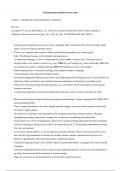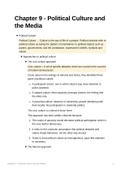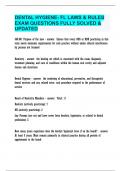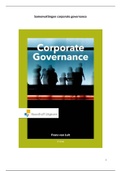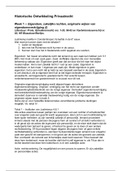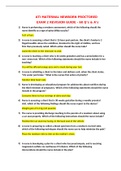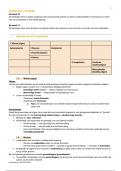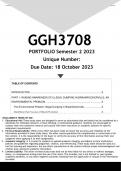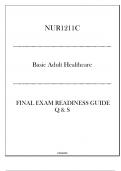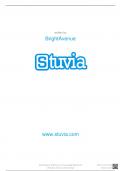College aantekeningen
College aantekeningen Educational Psychology (studiejaar 2023/2024)
- Instelling
- Universiteit Utrecht (UU)
Allesomvattende samenvatting van alle zeven lectures. Alle onderwerpen worden duidelijk beschreven, in sommige gevallen informatie vanuit de literatuur toegevoegd ter verduidelijking wanneer naar mijn mening het college te kort door de bocht ging. Bovenin staan de corresponderende boekhoofdstuk...
[Meer zien]
